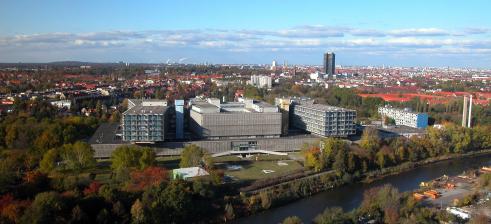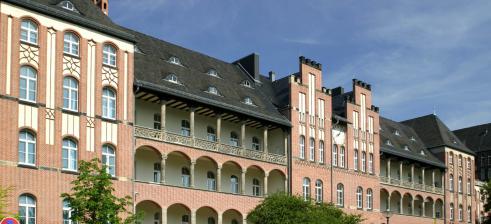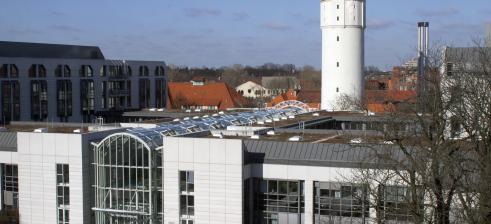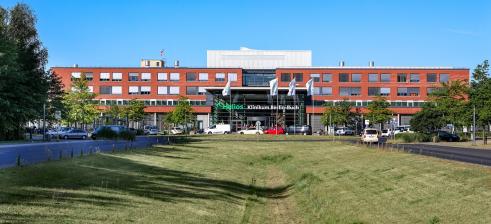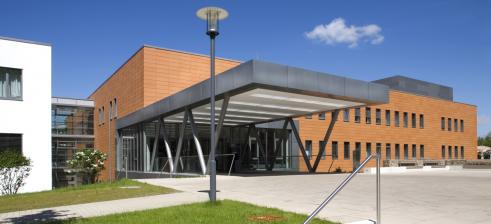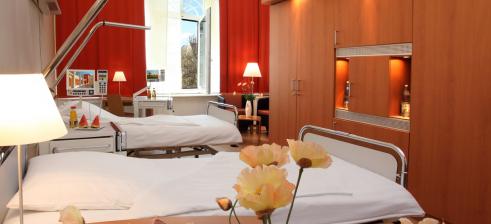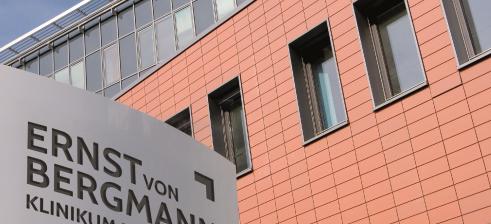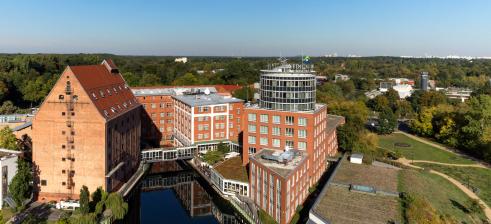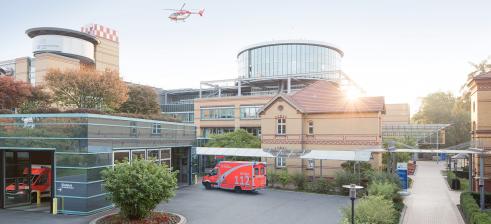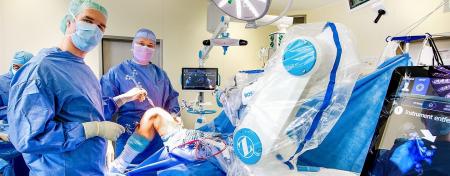Neurology in Berlin

Neurological diseases affect the nervous system or the brain. Because symptoms can often be described only by the person affected, a detailed discussion of their medical history is an important part of the diagnostic process. The specialist talks to the patient and his or her family about the history of the disease, how it has developed over time and its intensity. Tests of motor and sensory function and coordination, together with lab results and possibly tissue samples, are used to arrive at an initial diagnosis.
To identify the current state of a disease and to plan treatment, neurologists use electroencephalography (EEG) to measure the electrical activity of the brain, and electromyography to assess muscle function. Highly precise imaging of the vessels that supply the brain with blood is achieved using Doppler and duplex ultrasonography. Imaging techniques such as computer tomography (CT) and magnetic resonance imaging (MRI) complete the exacting process of diagnosing these complex diseases.
This allows specialists to provide effective treatment for patients suffering from strokes, neural conditions such as multiple sclerosis and Parkinson’s, headaches and migraines. As brain research is advancing just as quickly as new drugs are being developed, neurology can offer great hope to those patients concerned.
Hospitals and doctors' surgeries
11 results
Comprehensive medical care

Your Checklist – for a pleasant stay
-
1 Preparations
Describe your concerns and send the necessary documents to the hospital.
-
2 Relevant documents
Inform yourself about your medical visa and select all documents.
-
3 Stay
Inform yourself in time about your hospital and a appropriate accommodation.
-
4 After discharge
Verify if you will need a medication or further treatment.


